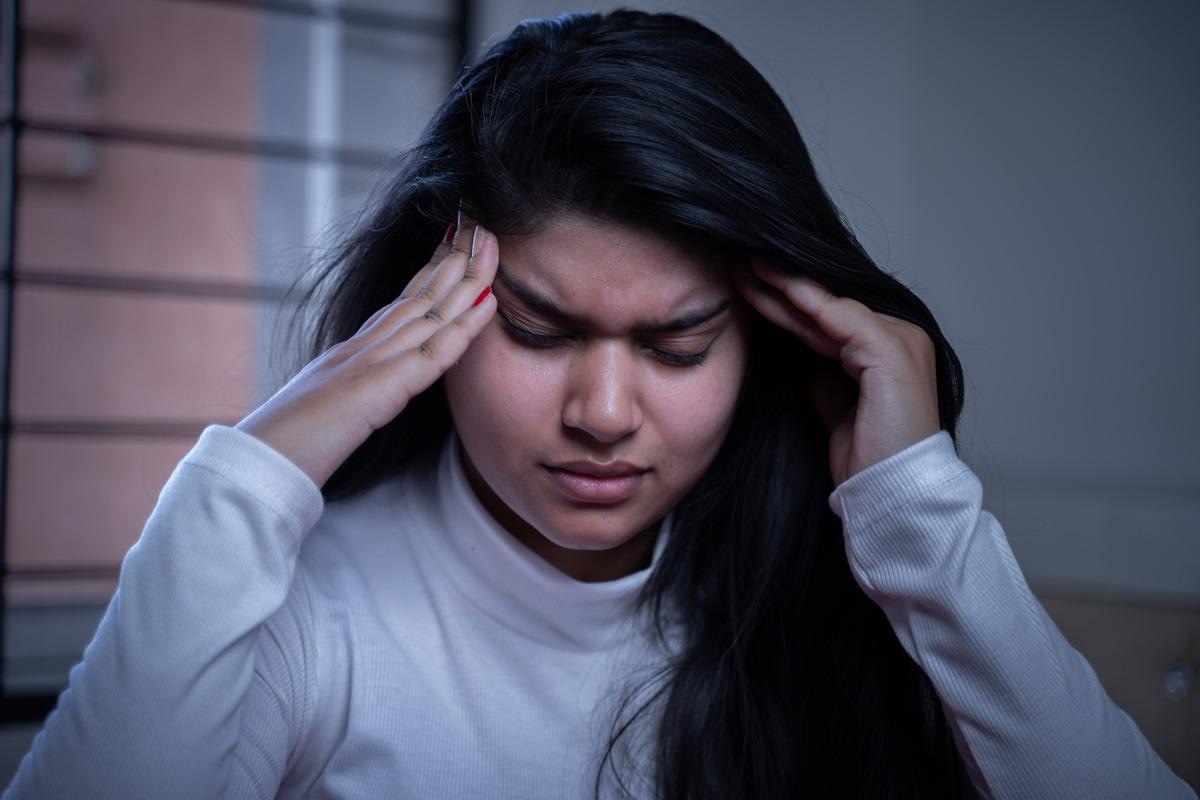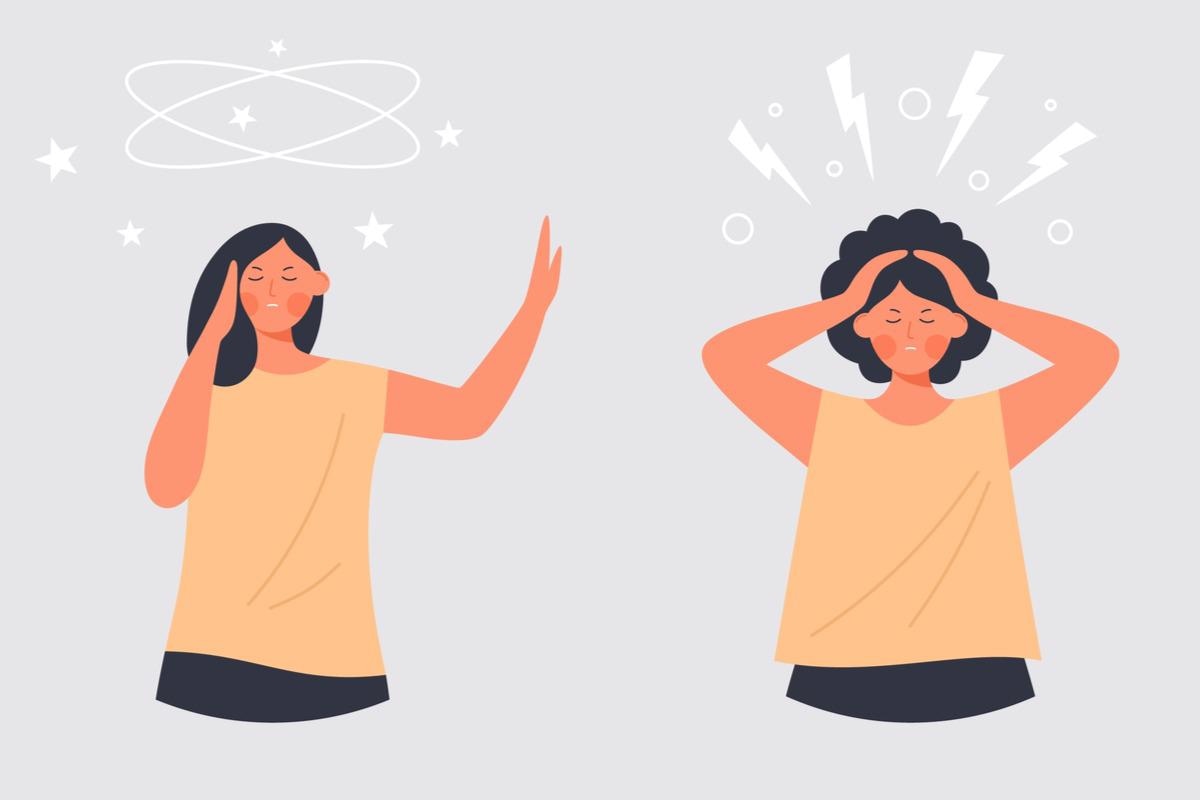Introduction
Symptoms
Who was Affected?
Causes
Future Outlooks
References
Further Reading
Between the end of 2016 and May 2018, several diplomats, military officers, intelligence officers, and other government personnel from the United States who were traveling to both Cuba and China experienced several unusual clinical symptoms without a clear cause.
Symptoms
Some of the symptoms that were reported from these individuals included hearing a sudden loud noise that appeared to have directional features. The sensation of this distinct noise was accompanied by pain that was felt in one or both ears, with some individuals also reporting simultaneous feelings of pressure or vibrations felt in their heads.
Additionally, some diplomats also reported tinnitus, visual problems, vertigo, anxiety, nausea, memory loss, and cognitive difficulties.
Notably, most of the people who have reported these symptoms claimed that they were awakened in the middle of the night by the initial overwhelmingly loud noise, which was quickly followed by intense pressure in their ears and/or face.

Image Credit: WESTOCK PRODUCTIONS/Shutterstock
Taken together, the core symptoms of Havana syndrome cannot be contributed to Anomalous Health Incidents (AHIs), which otherwise describes any known medical condition and/or psychological syndrome. While some signs and symptoms of AHIs have been associated with Havana syndrome, the combination of the four core symptoms of this health condition are highly unusual and have not been previously reported in medical literature.
Who was Affected?
The first cases of this unusual syndrome were reported in both American and Canadian personnel who were stationed in Cuba at the end of 2016, which led the condition to be referred to as ‘Havana syndrome’.
By 2018, the U.S. State Department also reported several potential cases of Havana syndrome in diplomats and intelligence personnel residing in Guangzhou, China, as well as Russia, Poland, Georgia, and Taiwan.
One additional report of Havana syndrome was identified in an intelligence officer serving in Serbia, whereas two other U.S. citizens working in Bogota, Colombia reported similar symptoms. In 2021, several other officials serving at U.S. diplomatic missions in Geneva and Paris were also suspected to have Havana syndrome. Although over 1,000 people have come forward with possible injuries associated with Havana syndrome, a total of 26 Americans, as well as an unspecified number of Canadian diplomats, were officially reported to experience Havana syndrome.
Causes
The wide range of symptoms and sudden onset of Havana syndrome in specific areas of the world have led to the emergence of a wide range of theories for what could be causing this condition. Initially, many investigators believed that Havana syndrome was the result of a sonic or acoustic weapon attack.
In a new report published by the United States National Academies of Sciences, Engineering, and Medicine, researchers confirmed that the symptomology of Havana syndrome appears to be consistent with the effects of exposure to directed and pulsed radiofrequency energy.
Furthermore, the researchers indicated that the secondary reinforcing mechanisms of this syndrome could include a functional vestibular disorder known as persistent postural-perceptual vertigo.
To better understand what the potential cause of Havana syndrome could be, a panel of scientists and technical experts from both inside and outside of the U.S. government were brought together to review related documents on the condition. The panel concluded that ‘pulsed electromagnetic energy’ is one potential explanation for Havana syndrome, thereby ruling out any possible device that could be responsible for these injuries.
Furthermore, the panel could not completely rule out high-powered ultrasound beams as a definitive cause for Havana syndrome. However, panel members indicated that microwave energy could be more easily concealed as compared to high-powered ultrasound energy, as it requires much less power and can also penetrate thicker construction materials.
While not discrediting the validity of the victims’ symptoms, the panel did note that some of the reported symptoms of Havana syndrome could also be due to hypervigilance and normal reactions to stress and ambiguity, particularly among these affected individuals who are highly trained in security, being highly attuned to their surrounding environments.

Image Credit: Lialia_Ra/Shutterstock
Future Outlooks
The identification of biomarkers within the blood, tissues, or brain function could assist researchers in better identifying victims of Havana syndrome in the future. Furthermore, the aforementioned panel also recommended that additional data should be collected from previously reported incidents of Havana syndrome in order to develop a more effective response strategy for future incidents and educate current U.S. government officials on the potential risks of this phenomenon.
References
Further Reading
Last Updated: May 16, 2022